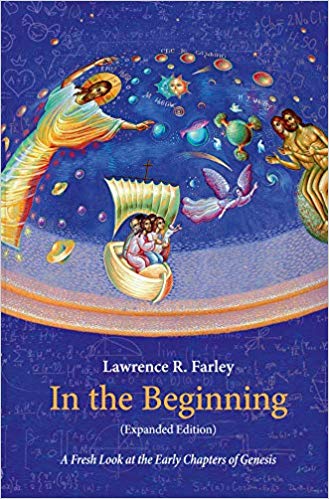
In these days of darkness, moral disintegration, and confusion, we need more than ever to remember who and what we are—that is, we need to remember what it means to be authentically human. We in the West are surrounded by voices shouting lies and half-truths, with the media leading the charge over the cliff and most people following them like unthinking lemmings. Fortunately, we are not bereft of a source of wisdom to help us. The New York Times may not provide the needed wisdom, but the Book of Genesis does. In particular, the first eleven chapters of Genesis tell us fundamental truths about the true nature of humanity and the current plight of the human race, and can act as an antidote for the poison proffered us by the media.
I specify the first eleven chapters of the Book of Genesis, because every good scholar recognizes that these chapters are quite different from the ones that follow. Genesis 1-11 steps back and surveys the human race as a whole; Genesis 12-50 zooms in and focuses rather narrowly upon Abraham and his descendants. Sensitive readers whose literary palates have been trained by exposure to the literature of the Ancient Near East will perhaps recognize in the first eleven chapters a different literary genre from the chapters that follow, however artfully the final editor has combined a number of different stories and sources into a single narrative. It is these initial chapters, with their birds’ eye view of our race, which offer us the wisdom necessary for spiritual survival in our day.
It is upon these chapters that I have focussed in my book In the Beginning. The book provides a translation of the first eleven chapters of Genesis, followed by a verse-by-verse commentary. I try to situate the stories of Genesis within the culture of their time, explain how their original readers would have understood them, how they functioned in the Israelite culture which preserved them, and what they now teach us. I also attempt to integrate the insights of Genesis within the Bible as a whole, including the words of St. Paul, as well as the findings of modern science.
There is no escaping the fact Genesis is a controversial book. Whether the topic is scientific evolution or binary sexuality, the geographical location of the Garden of Eden or the teaching of St. Paul, the words of Genesis are sure to provoke discussion and generate plenty of response in the comments section of blogs. That is inevitable, and that for two reasons: 1. truth always divides, and 2. the Book of Genesis, being a very ancient book, is hard for moderns to understand since we no longer share the culture of the people for whom it was written. More interpretation is required for Genesis than is required for modern books.
I commend my volume to you. A new, expanded edition of it, published by Sebastian Press, includes a new introduction, extra textual commentary with some revision, an appendix on the Fathers’ use of the creation stories, and introductory endorsements from the heads of three Orthodox seminaries. It is available for order here and here.
